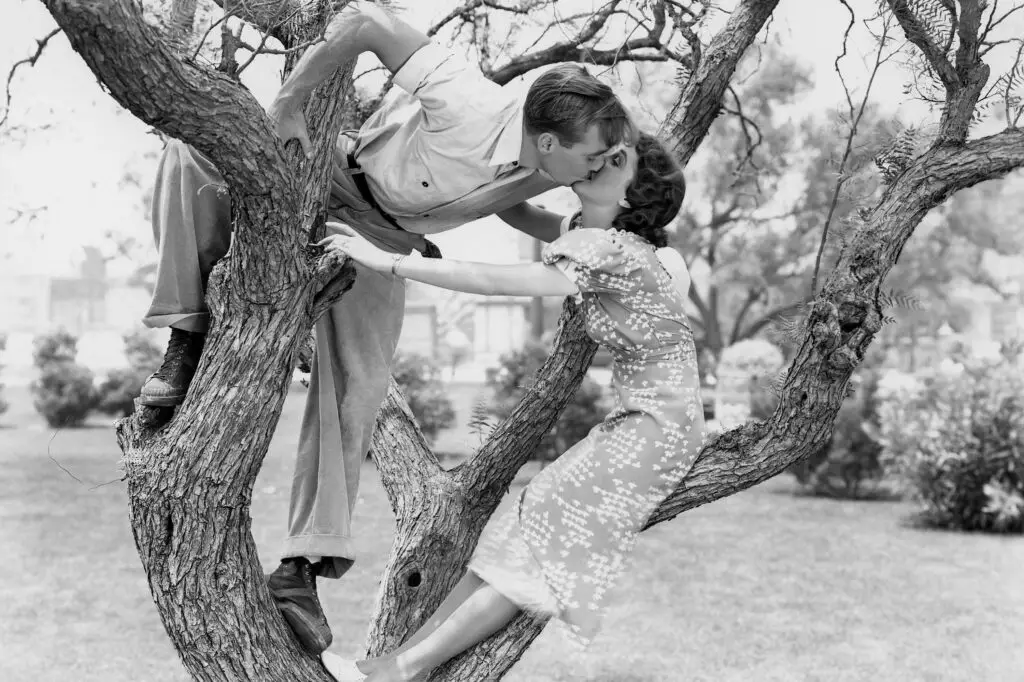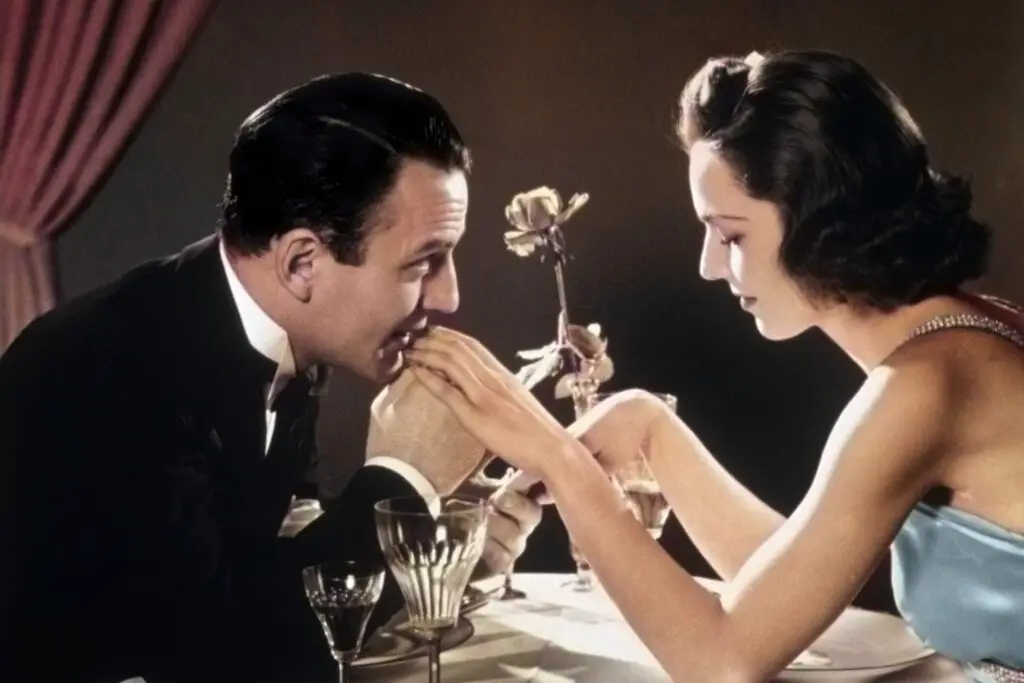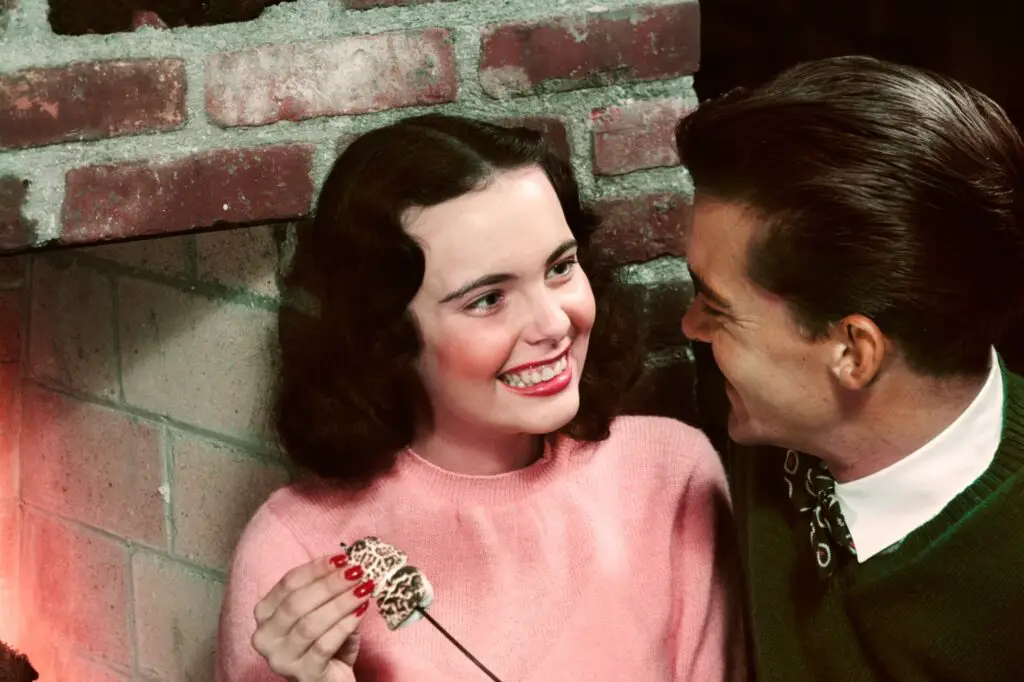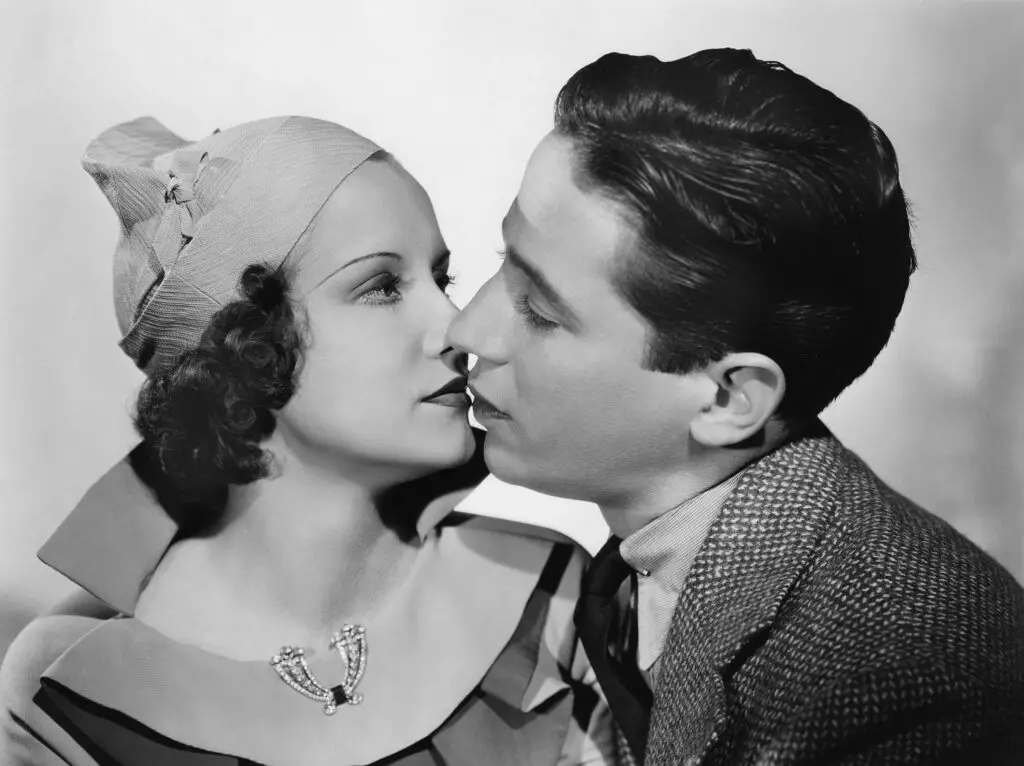1. Never Call First

Back in the day, waiting for the man to make the first move was considered the proper etiquette. The rule was clear: women should never call a man, lest they seem too forward or desperate. It was a sign of respect and a way to keep some mystery around the relationship. Even if the woman was interested, she had to wait for the man to show his intentions.
This practice wasn’t just about avoiding awkwardness—it was about playing a part in a larger dance of courtship. The man had to lead, both in love and in life. So, even if a woman was dying to know what was going on, she’d have to wait by the phone for that call.
2. A Woman Should Never Pay for a Date

The idea that a man should always pay for the date was ingrained in the dating world. This was considered a demonstration of his financial stability and his intentions. Women were expected to sit back, enjoy their meal, and let the man take care of the bill, even if she could afford it herself.
This wasn’t just about money—it was about gender roles and societal expectations. It also reflected a time when the man’s role was more traditionally defined, and the woman’s role was centered around nurturing and homemaking. But today, things are much more equal, and splitting the bill has become a far more common practice.
3. Never Date a Divorced Person

If someone had gone through a divorce, they were often seen as “damaged goods” in the eyes of many in previous generations. Divorce was highly stigmatized, especially in the earlier half of the 20th century. Dating someone who had been divorced was seen as a major risk, and many would avoid such relationships to protect their own reputations.
The stigma surrounding divorce was largely about maintaining societal appearances. It reflected a time when marriage was considered sacred and permanent, and a broken union could have severe social repercussions. Now, divorce is far more common and is no longer seen as a dealbreaker by most.
4. Don’t Get Physical Before Marriage

Physical intimacy was often placed on a pedestal, with many believing that sex before marriage was not only a sin but also damaging to a relationship. It was important to save that part of the relationship for after the wedding, as proof of commitment and loyalty. Many dating couples would go to great lengths to avoid any physical contact before their vows.
In retrospect, these rules seem restrictive and often led to unnecessary shame or guilt. People were expected to uphold these standards as part of a moral code that has largely loosened over time. Today, relationships often evolve more organically, with a more relaxed approach to physical intimacy and personal boundaries.
5. Always Write a Thank-You Note

Sending a thank-you note after a date was once considered a must. It wasn’t just a polite gesture—it was a rule of proper etiquette. A thank-you note conveyed appreciation, respect, and proper manners. Failing to send one could lead to a loss of interest or worse, a tarnished reputation.
This practice reflected a time when good manners were paramount in every part of life, including dating. It was a small but significant way to show that you appreciated the other person’s time and company. Today, a thank-you text might suffice, or perhaps no note at all, depending on the relationship.
6. Don’t Date Someone from a Different Social Class

Social status played a huge role in determining whether or not a relationship was deemed acceptable. People were often expected to date within their own social class, as relationships outside of that could raise eyebrows. Marrying someone from a different class was seen as unusual or even unacceptable by some.
This rule was a reflection of the class structure that dominated society, where individuals were supposed to maintain certain boundaries in terms of wealth, job, and family background. Today, those lines are much more blurred, and people are far more likely to date and marry outside of their economic class without facing societal judgment.
7. Always Get Your Parents’ Approval

In many cultures, the approval of your parents was the final step before starting a serious relationship. Grandparents might have insisted that approval be sought before even considering a proposal. This was more than just seeking permission—it was about ensuring that both families were on board and that the relationship was respected by both parties.
The expectation of parental involvement in a relationship was a sign of the value placed on family opinions. It wasn’t just about love; it was about aligning families and ensuring compatibility. While some people still seek family approval today, the idea of needing it to move forward is much less common now.
